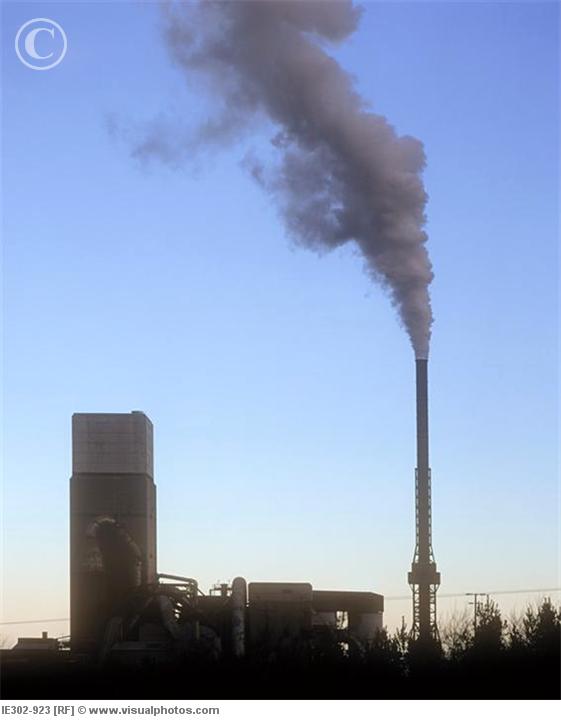American Electric Power Co. said Thursday it was putting a hold on its plans for a commercial-scale carbon dioxide capture and storage project in West Virginia because of uncertainty surrounding U.S. climate policy and what the company described as a weak economy.
Continuing to build the system at the utility’s coal-fired Mountaineer power plant in New Haven, W.Va., doesn’t make economic sense at the present time, said Michael G. Morris, AEP’s chairman and chief executive.
“We are placing the project on hold until economic and policy conditions create a viable path forward,” Morris said in a statement.
The company said it was terminating its cooperative agreement with the U.S. Department of Energy, which chose AEP two years ago to receive up to $334 million in funding to cover part of the costs of the project. A first phase, involving front-end engineering and design and the development of an environmental impact statement, would be completed but the project would not move forward from there, AEP said.
The government’s tab for the first phase was expected to be about $16 million, the company said.
“We are clearly in a classic `which comes first?’ situation,” Morris said, explaining that while the technology was vital for complying with potential future climate regulations, it was difficult to recover costs without federal requirements to reduce greenhouse gas emissions in place. He said AEP found it difficult to attract partners to the project.
The system was expected to begin commercial operation in 2015 and would have captured about 1.5 million metric tons of carbon dioxide emitted from the plant each year and stored it about 1.5 miles below the surface.
Energy Department officials in Washington did not immediately return messages for comment on Thursday.
Columbus, Ohio-based AEP is one of the nation’s largest generators of electricity, serving more than 5 million customers in 11 states.







